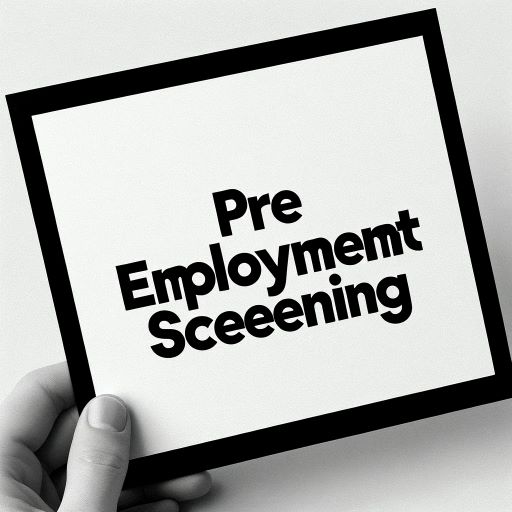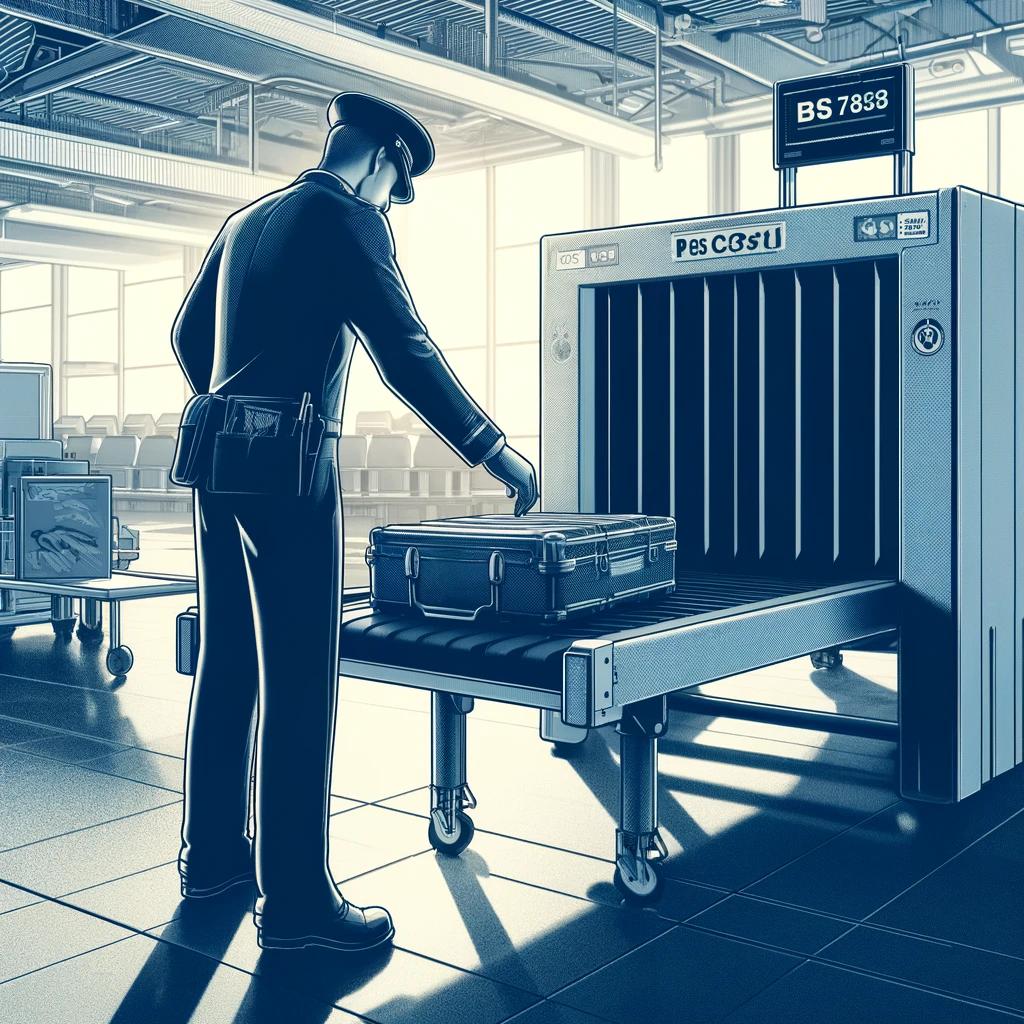
what is bpss screening
>How long does a UK background check take?
BPSS clearance is crucial for government administrative officers who handle confidential documents and make decisions impacting national policies. Ensuring they handle sensitive information responsibly mandates thorough background checking through BPSS.
Reviewing a candidate’s employment history is another vital component of the BPSS checks. This involves verifying previous employment details, gaps in employment, and reasons for leaving previous positions. The aim is to confirm the candidate's work history and to identify any inconsistencies that might suggest security risks.
Employment history verification is a critical part of the BPSS check and can extend its duration. This process involves reaching out to past employers to confirm periods of employment, roles held, and reasons for leaving, which can take time if past employers are slow to respond or if the candidate has worked internationally.


